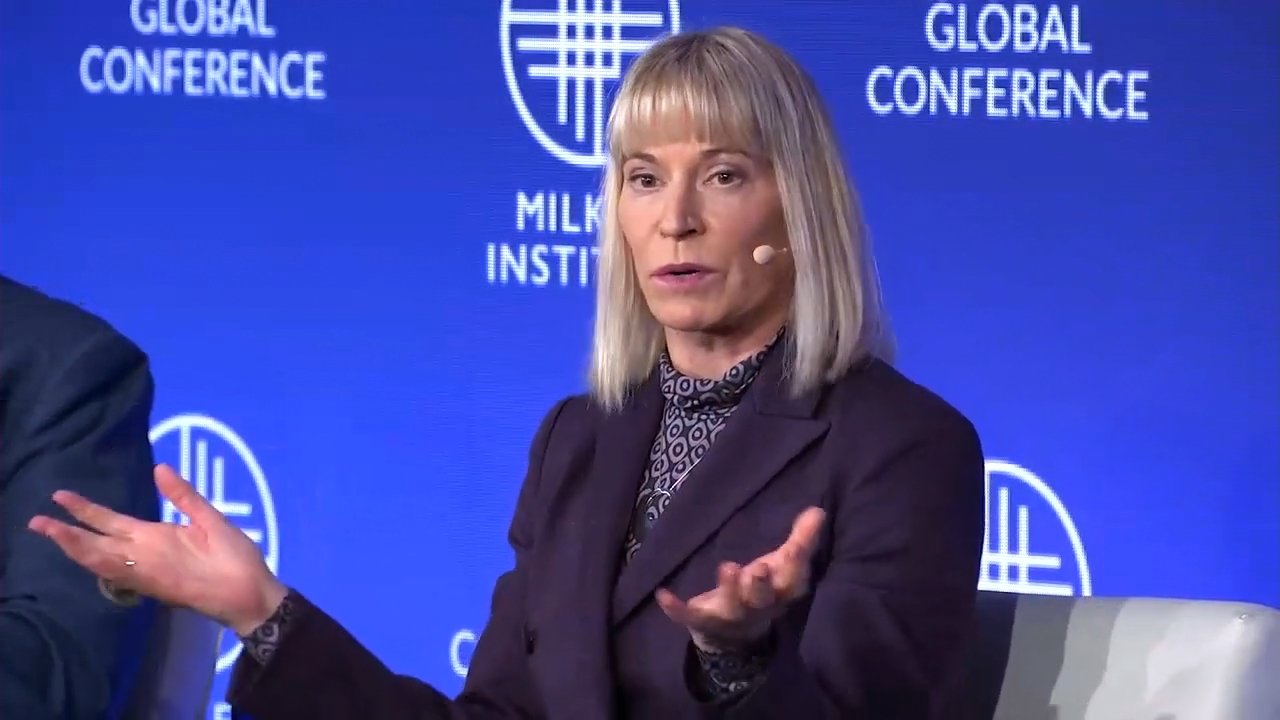This article was originally published in the Financial Times.
Richard Manley is the chief sustainability officer of CPP Investments and chair emeritus ISSB Investor Advisory Group.
Milton Friedman’s famous doctrine on the social responsibility of business did not suggest ransacking the environment and abusing labour in the name of corporate profits. He implored companies to maximize the value of the enterprise “while conforming to the basic rules of the society, both those embodied in law and those embodied in ethical custom”. The doctrine is as relevant today as it was when drafted more than 50 years ago.
While the basic rules of society in which companies operate have been transformed beyond recognition (thanks to the impact of population growth, digitization and climate change, to name just three factors), the roles, rights and responsibilities that accrue to owners, boards and executives have not changed. Public company investors should not tell boards how to set company strategy or appoint management, but instead have clear expectations of how directors will discharge their duty to their companies.
In November 2021, the International Financial Reporting Standards Foundation created the International Sustainability Standards Board with a mandate to develop a global baseline for sustainability reporting. The final ISSB standards published in June last year require companies to demonstrate they are managing the most material risks confronting their businesses. Adoption of this global baseline presents an opportunity to consolidate the alphabet soup of voluntary ESG reporting frameworks currently plaguing companies.
Today, jurisdictions representing more than half of global GDP are already taking steps towards adoption. The standards also bring a significant advantage to small and medium-sized businesses through the principle of proportionality, allowing them to report within their capabilities while striving for incremental enhancements over time.
National-level consultations on the adoption of these standards pose a dilemma for board directors. Should they advocate in favour of the ISSB, to ensure they and shareholders have disclosure of these material risks and opportunities? Or should they stand back and allow industry associations to undermine this critical disclosure framework by arguing for extended reliefs or carve-outs?
While the new standards help investors hold boards to account, the insights they generate are as relevant to company success as they are to investors. Investors will benefit from comprehensive reporting of this data, but the primary beneficiary, if used to inform strategy, will always be the board of directors and the companies they oversee.
Has a board discharged its duty to the company if it has not compelled management to identify the material sources of risk and opportunity at the nexus of the business? Is it acting in the long-term interest of the company if it has failed to quantify the carbon footprint of the business when it operates in jurisdictions committed to decarbonizing their economy over the coming decades? Can it really be confident that its operations and supply chain will prove resilient to climate risks if an analysis of physical risks has not been done?
Where these risks and opportunities have not been identified, quantified and reflected in strategy and disclosures, shareholders should consider two simple questions. Is the board discharging its duty to the company? And do we have the right directors?
With consultations under way, now is the time for all market participants and issuers to encourage comprehensive adoption of the global sustainability baseline. Many boards have already pushed for disclosure aligned with the ISSB’s previous standards. For any still on the fence, reporting on the two sets of standard (S1 and S2), should not be viewed as a concession to investors, but as an act of enlightened self-interest.
© 2024 The Financial Times Ltd. All rights reserved.
Author

Richard Manley
Chief Sustainability Officer
Thanks for subscribing to CPP Investments
Sign up for our latest news, insights, reports and other information about CPP Investments
Thanks for subscribing to CPP Investments
Sign up for our latest news, insights, reports and other information about CPP Investments
AI-First: Daphne Koller’s plan to revolutionize drug discovery
AI pioneer and insitro CEO Daphne Koller is betting it will—at the very least—supercharge the hunt for new drugs.
Earnings to test post-pandemic market rally
With valuations to future earnings stretched, a strong showing will be needed to keep the rally going.
How will AI transform the workforce?
Judy Wade, Managing Director and Head of Strategy Execution & Relationship Management at CPP Investments, discusses the impact of artificial







